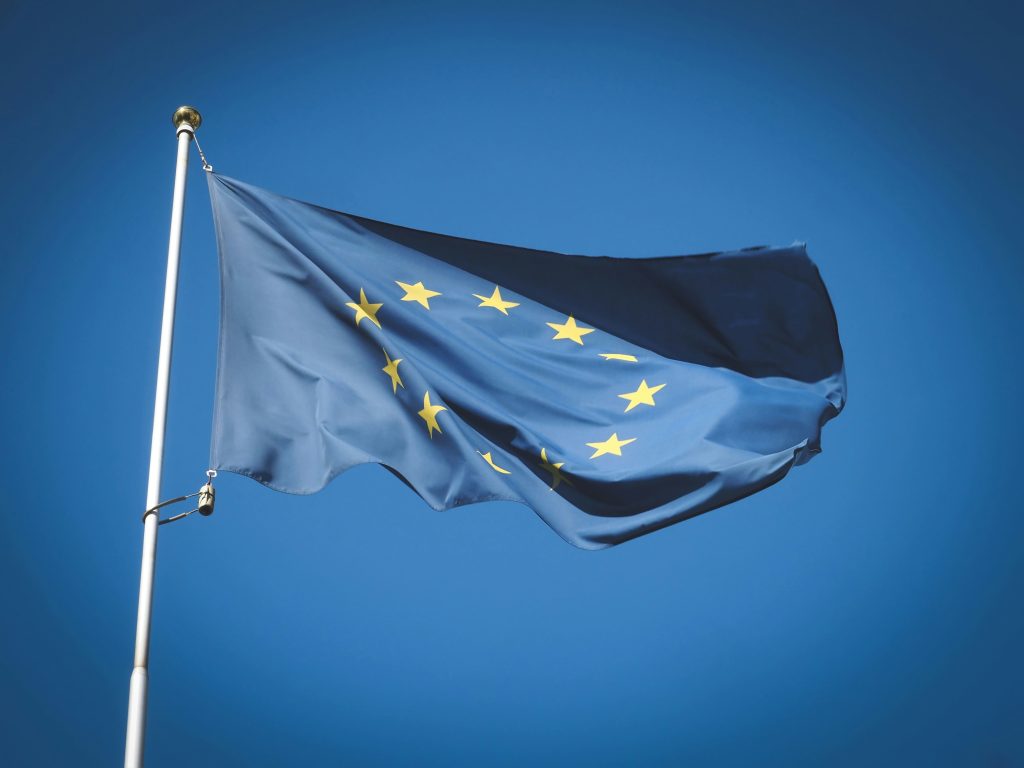[FR] Interview with António Vitorino on the occasion of the European Council and Summit on 23 October 2011

On the occasion of the European Council and summits on 23 October 2011, António Vitorino, President of Notre Europe, gives his views on the debt and eurozone crises, the management of structural funds, the EU’s action at international level, the Schengen area and the food programme for the most deprived.
1 – What is your view on how European heads of state and government have dealt with the debt crisis in recent months? How do you perceive developments in the various countries, particularly Germany?
Since the start of the debt crisis in the eurozone, heads of state and government have moved in the right direction, but it has not always been easy to see which direction that is… The emergency measures taken to manage the current crisis have been reconciled with initiatives to strengthen the architecture of EMU, particularly in terms of preventing and managing any future crises. Member States have shown solidarity with the most vulnerable countries – it should be remembered that this solidarity is not a purely sentimental gesture of generosity, but also reflects the defence of well-understood interests. By helping Greece and other euro area countries affected by the public debt crisis, Member States are defending the stability of their currency and protecting their banks and citizens.
The EU and its Member States are therefore moving in the right direction, but often too little and too late, and the European response has failed to prevent contagion in a context where too many dissenting voices are being heard in Brussels and in national capitals. The pace of decision-making by Heads of State and Government is clearly insufficient to meet the demands of the markets, which weakens their credibility and the effectiveness of their action. This only reinforces the need for a more effective ‘chain of command’ in response to the crisis, with a clear division of tasks between all the actors involved.
As far as Germany is concerned, it can of course be said that it bears some responsibility for Europe’s hesitation in the face of the crisis. However, if we look at the position of the eurozone Member States over the last three or four years, it must be emphasised that Germany has changed the most in terms of doctrine and policy, and has also made the greatest financial efforts. I also note that, in recent months, it is Germany that has been most vocal in saying that a comprehensive strategy to exit the crisis must include some form of contribution from financial players. It is the other countries that are sometimes defensive on this point and are slowing down the European decision-making process.
2 – Do you think that the eurozone is now in a better position than it was six months ago? What should be done about bank recapitalisation?
Six months ago, the sovereign debt crisis was affecting three countries, which account for only 6% of the eurozone economy. In return for European aid, these countries have undertaken the necessary adjustment measures, which will take time to produce results. But the time lost at European level has meant that the crisis is now affecting Spain and Italy, which account for 12% and 16% of the eurozone’s GDP respectively. This significantly changes the scale of the problem: today, around one third of the eurozone economy is under pressure from the markets. The situation has worsened, there is no denying it. This is all the more true given that the sovereign debt crisis is generating mistrust, which is now having very negative consequences for banking systems.
Despite this, there are some positive developments to report. The European Central Bank continues to show welcome activism, as it has done since the beginning of the crisis. The measures adopted on 21 July concerning the European Financial Stability Facility have just entered into force, enabling it to intervene in the secondary market for sovereign debt and contribute to the recapitalisation of banks in difficulty. The EFSF and the ECB will therefore intervene on a massive scale, but the EU cannot and must not do everything, if only because its member countries, although interdependent, are in different situations.
With regard to the recapitalisation of banks, which is now the key issue, Member States must therefore also act at their own level and assume their responsibilities, bearing in mind that ad hoc, case-by-case responses do not reassure the markets. They must do so in a coordinated manner so that their interventions do not lead to mistrust on the part of consumers or unfair competition. Nor can the call for private capital be ruled out on principle.




